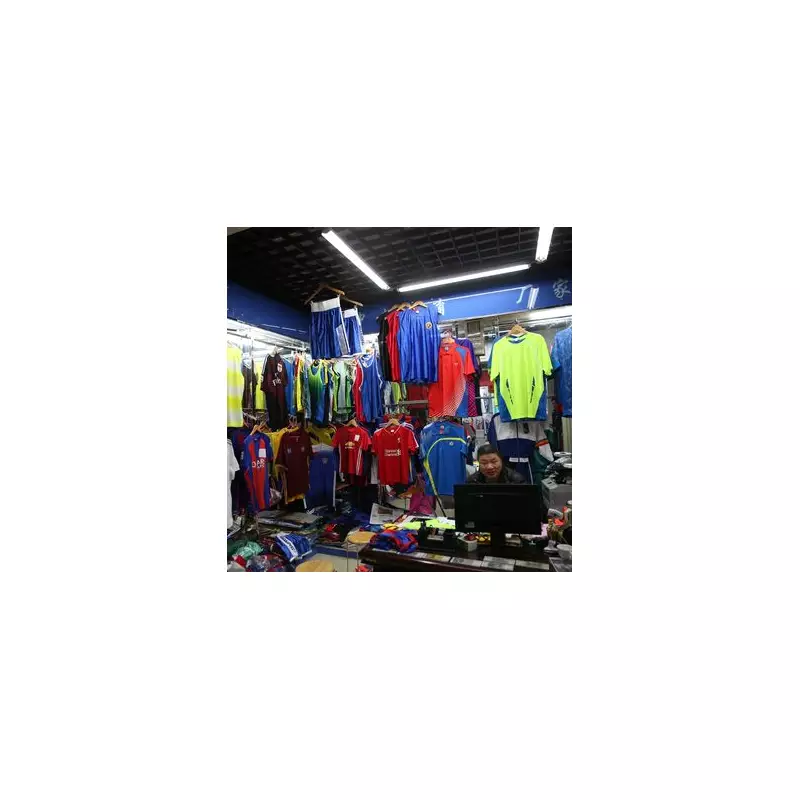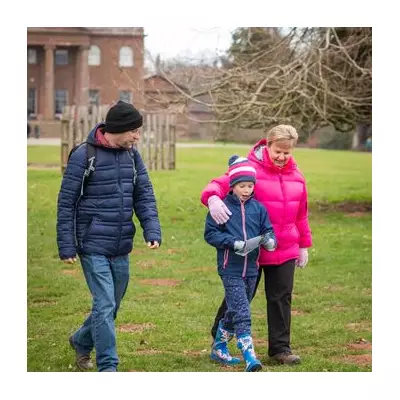
A stark government warning has been issued to parents considering buying cheap, fake Premier League football kits this Christmas, with experts revealing they could pose a serious health risk to children.
The Hidden Dangers in Counterfeit Shirts
Louise Baxter-Scott from Trading Standards has urged the public to avoid these unofficial shirts, which are predominantly sold on websites based in China for as little as £12. This is a fraction of the cost of genuine shirts, which can retail for up to £85, or over £120 when personalised with badges and names.
"We just don't know what's in these kits - they could pose a health risk," Baxter-Scott stated. She emphasised that the pressure of Christmas, combined with the ongoing cost-of-living crisis, is making consumers more vulnerable to these cheaper alternatives, despite the items being poorly made.
Health Risks and Criminal Profits
Chloe Long, Deputy Director General at the Anti-Counterfeiting Group, provided a chilling detail: wearing a fake strip could cause skin irritation or a rash. She warned that more significant problems are possible if harmful toxins or dyes were used in the manufacturing process.
"They don't follow any regulations," Long explained. "They're not bound by the same legalities and regulations the genuine manufacturers are. You don't know what could happen when you put that in the washing machine with other products."
Long asserted that counterfeiters are motivated solely by profit and have no morals or standards. The scale of this illicit trade is enormous. Criminals can purchase these fake shirts from Chinese wholesalers for less than £2 each. Meanwhile, the Premier League's anti-counterfeiting programme has seized 1.1 million items worth over £70 million between the 2020-21 and 2024-25 seasons, and removed over a million online listings.
Major Seizures and Legal Consequences
A nationwide crackdown has seen significant success. In a single operation in August, police arrested seven people and seized a haul of more than 67,000 fake football kits. If genuine, this merchandise would have been worth an estimated £5.1 million.
Further operations have yielded substantial results. West Yorkshire Trading Standards and the Intellectual Property Office seized about 2,300 fake shirts in June, leading to two arrests. Border Force agents at East Midlands Airport also intercepted a further 2,793 items during the UEFA Women's Euros.
While it is not illegal for consumers to buy counterfeit goods in the UK, selling them is a criminal offence. Those caught selling fakes face severe penalties, including up to ten years in prison and an unlimited fine.
Authorities are clear: these products are not just poorer quality; purchasing them might also fund other, more serious illegal activities. The advice from officials is unequivocal—this is a risk not worth taking, especially when children's health is on the line.





